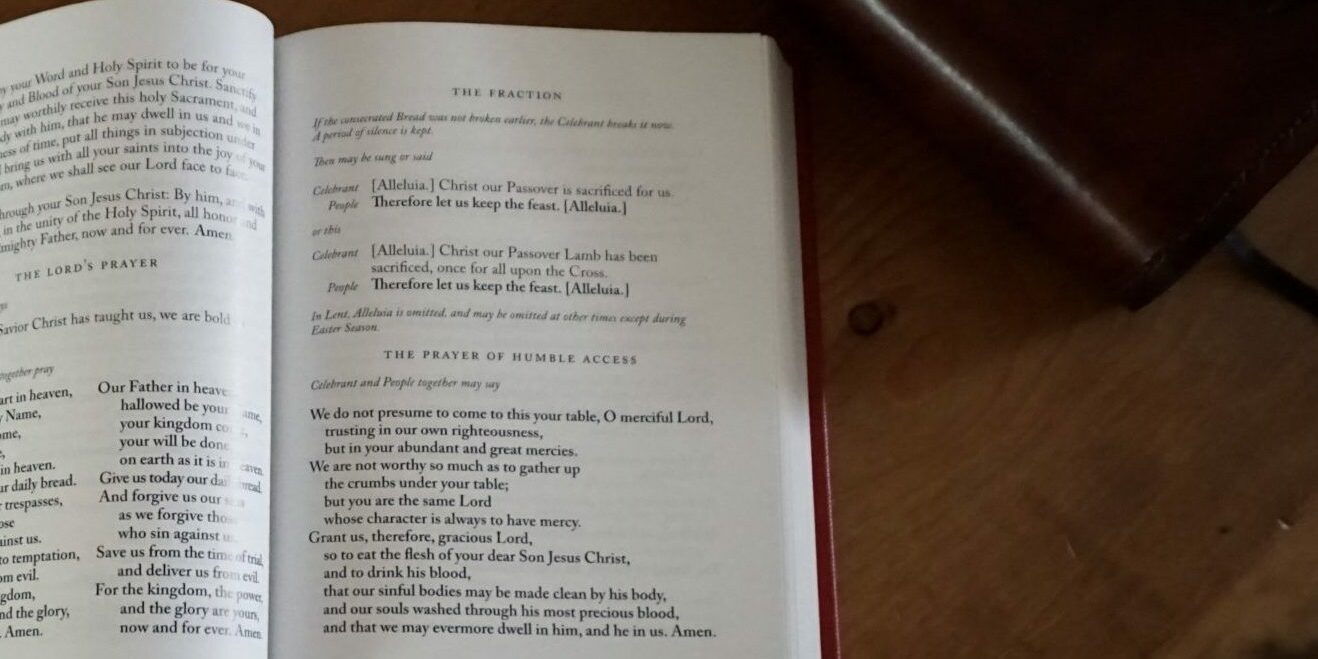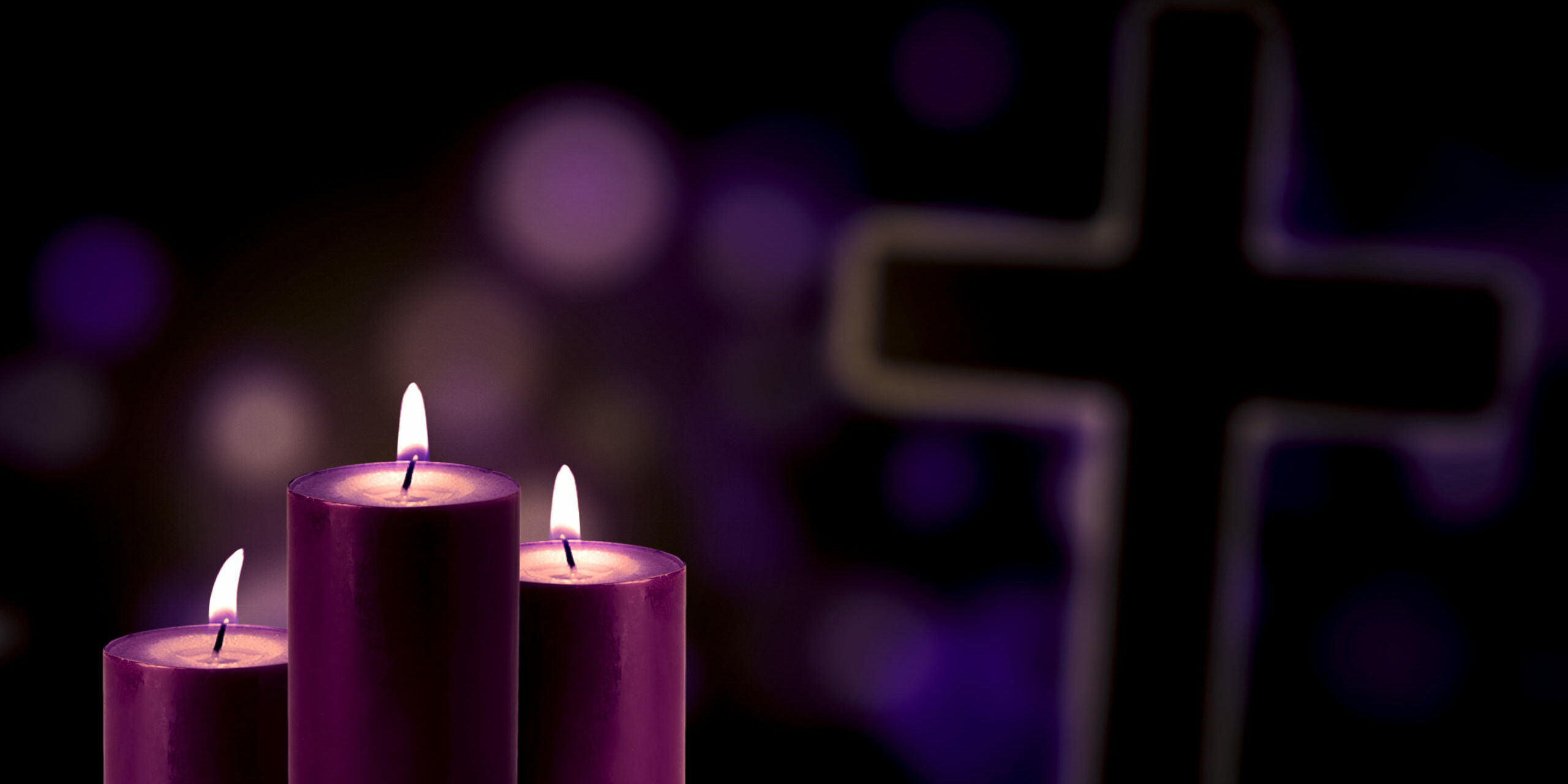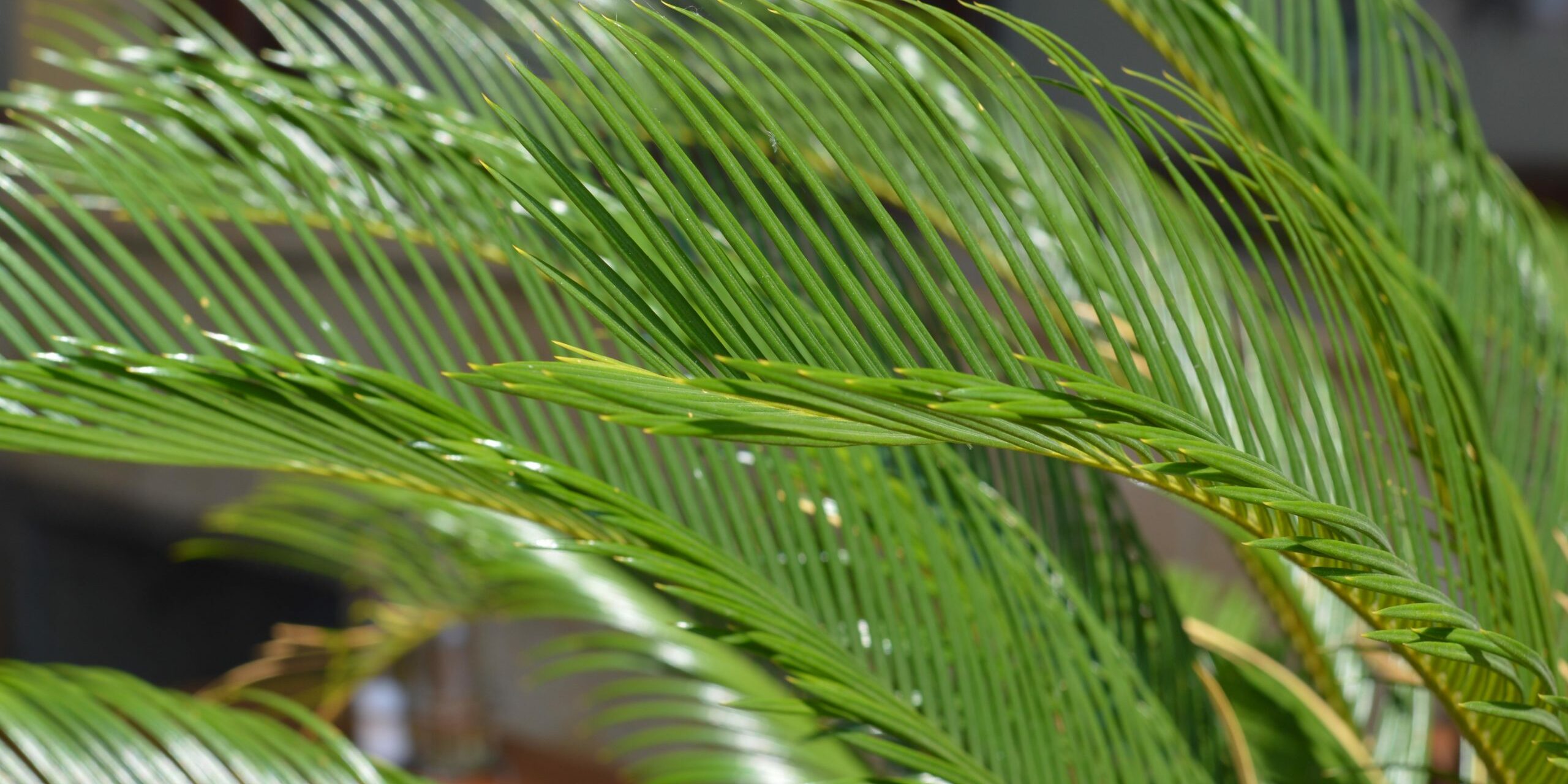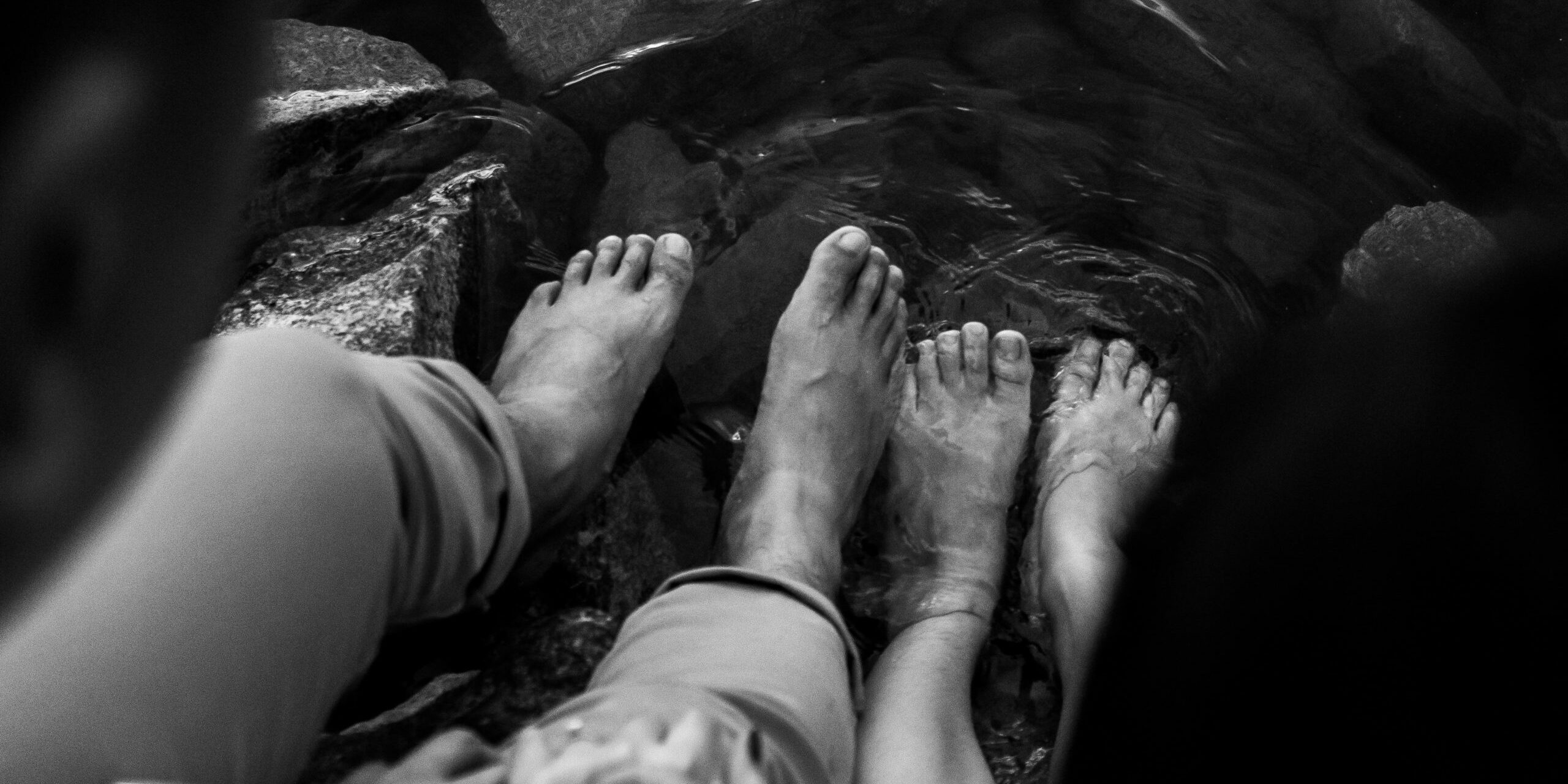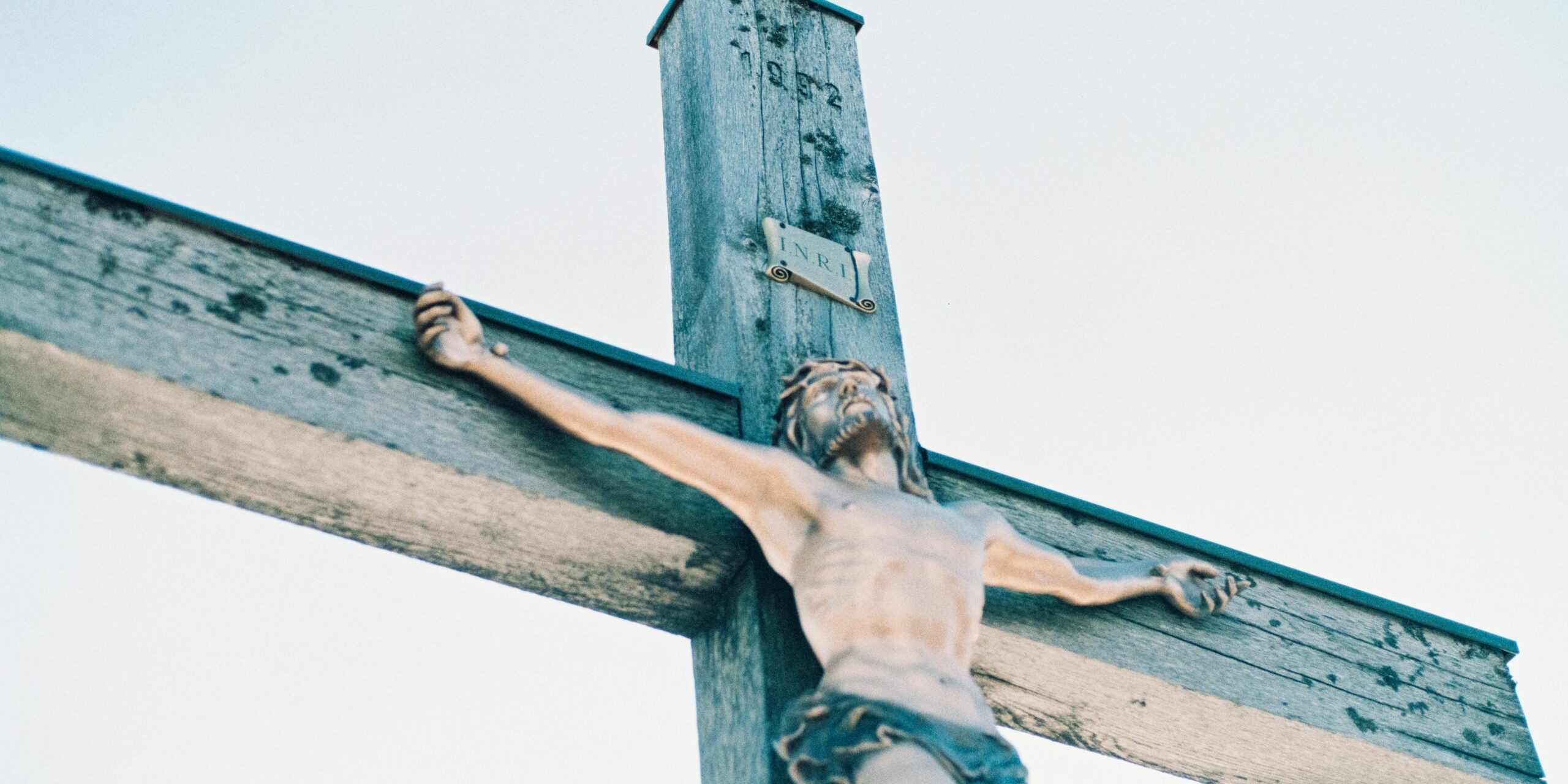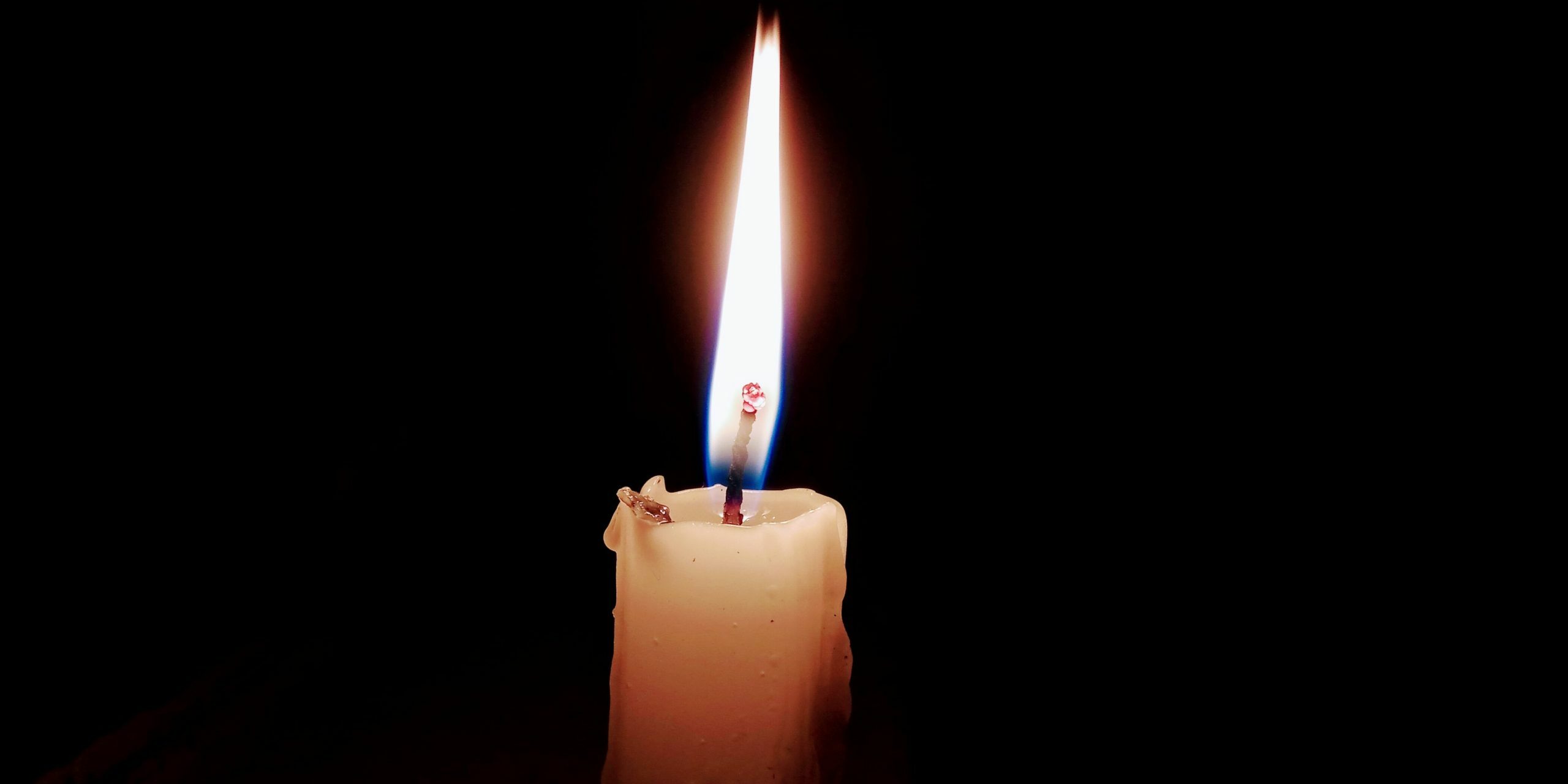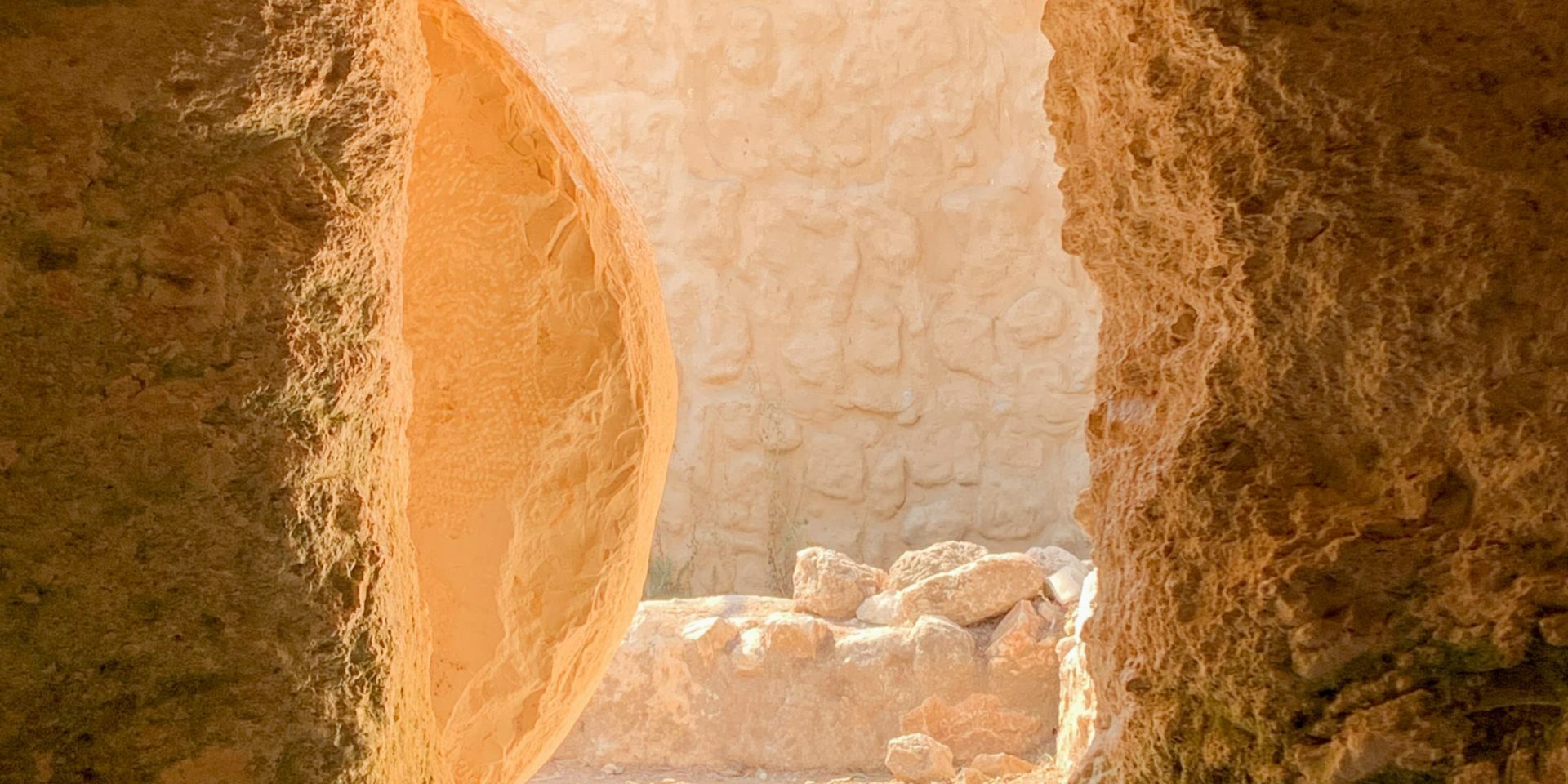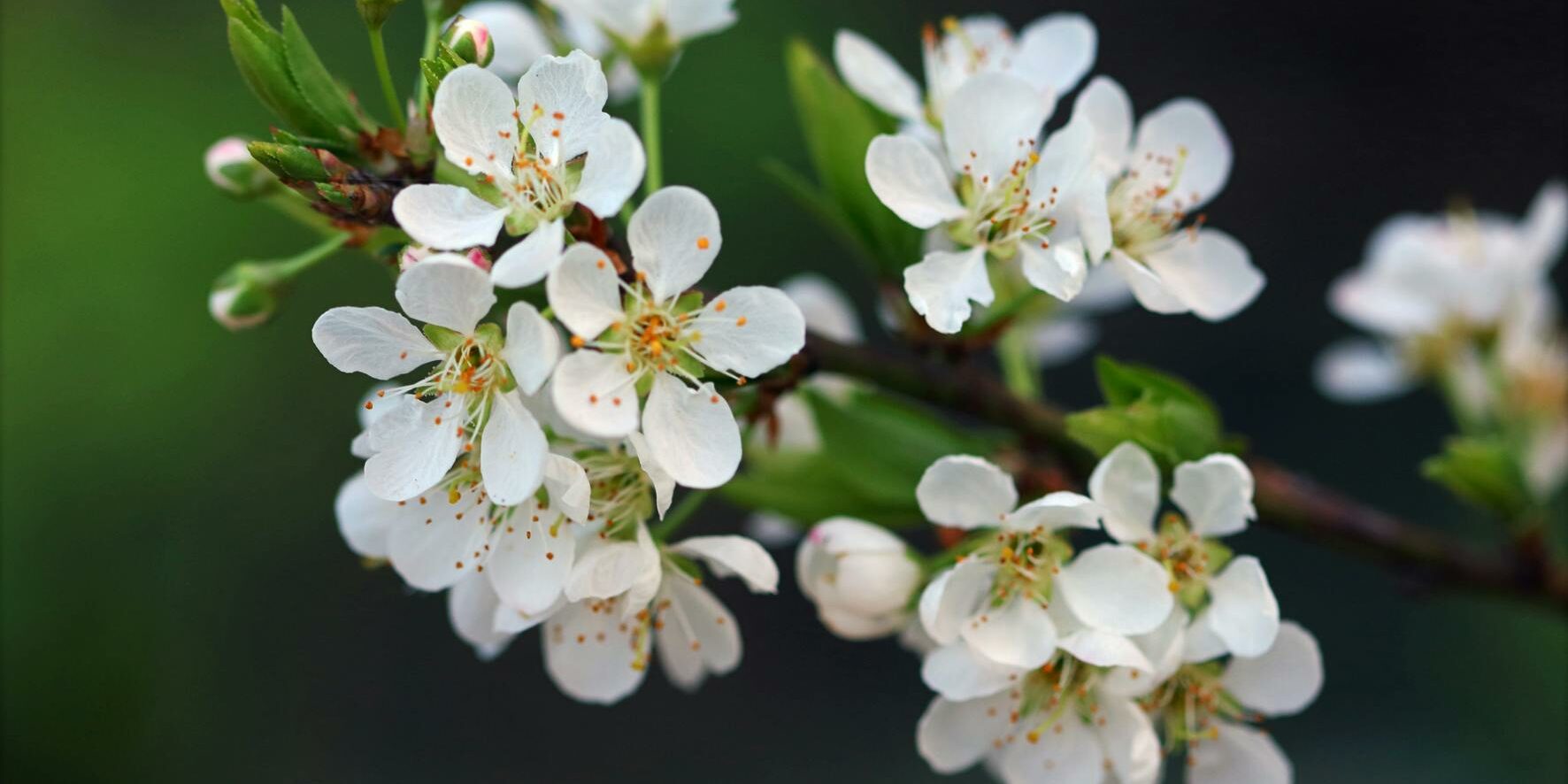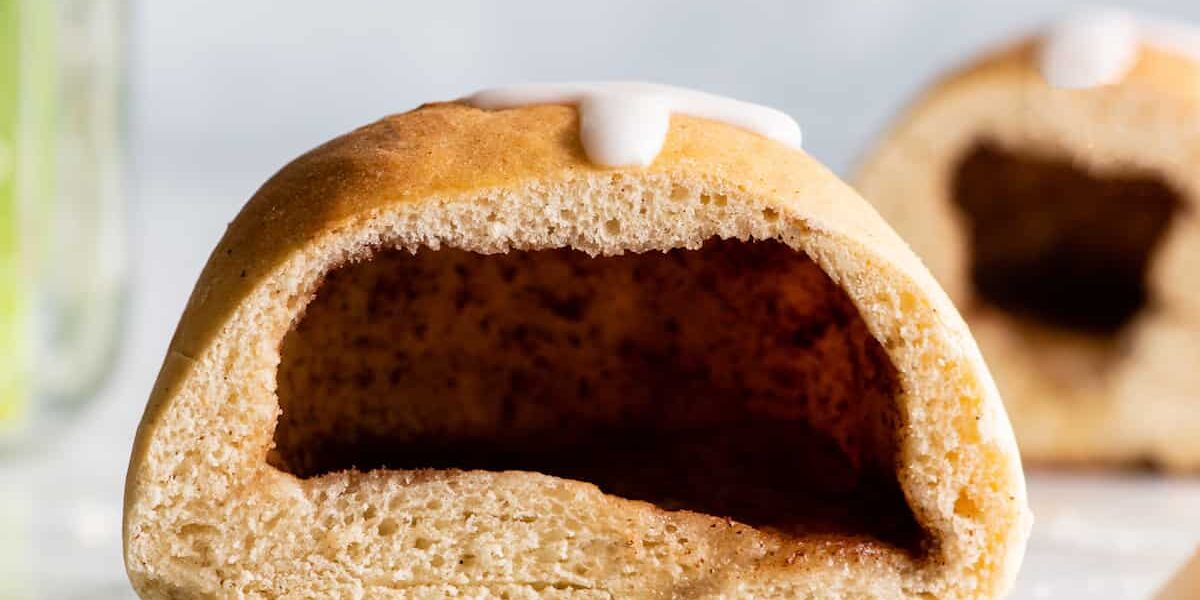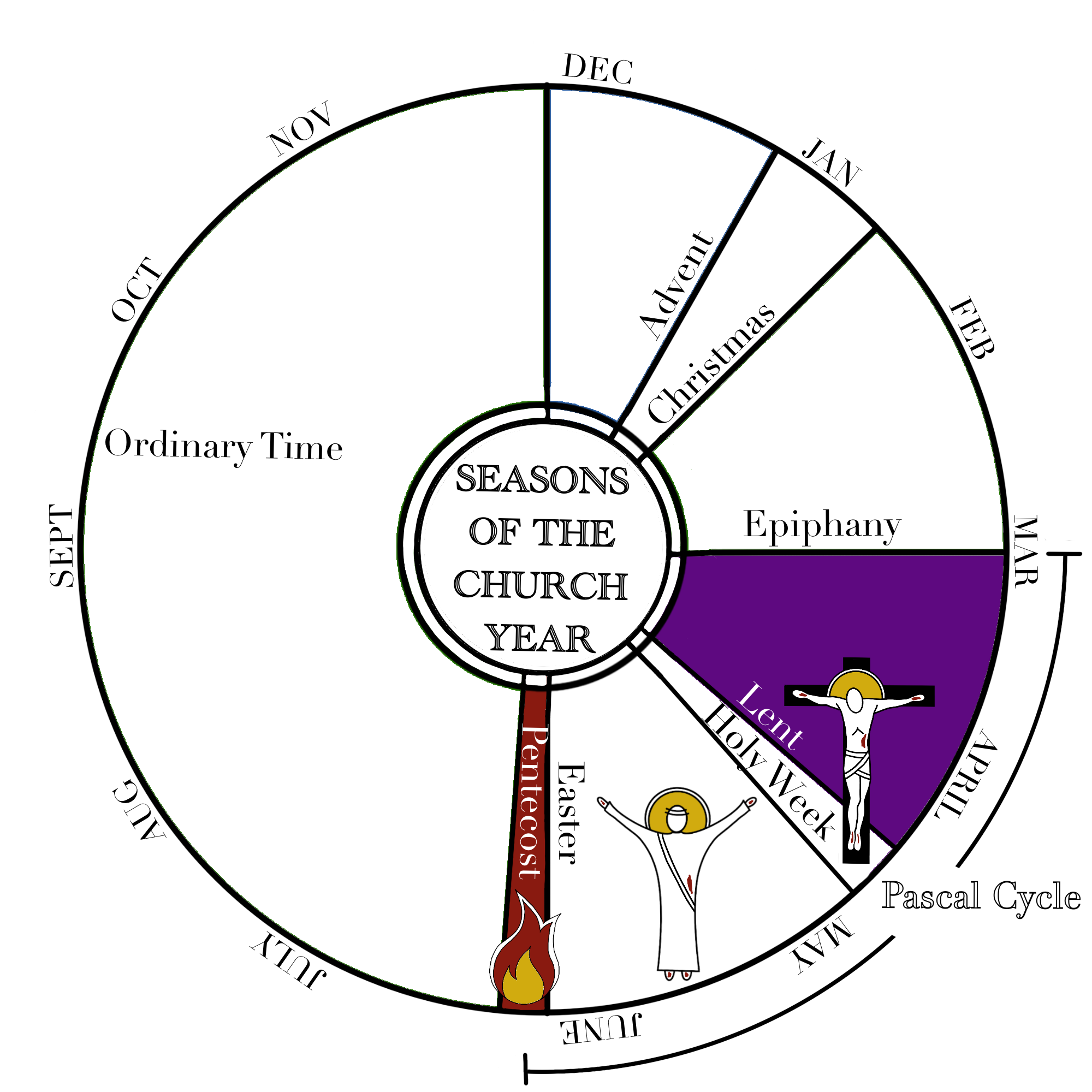
what is the pascal cycle?
The Pascal Cycle invites us into the mysterious sacrificial life, death & resurrection of Jesus. It begins with Ash Wednesday, which ushers in the six week season of Lent. Holy Week starts the Sunday before Easter. During Holy Week, we journey through the Passion of Christ beginning with Palm Sunday, moving to Maundy Thursday, Good Friday, Holy Saturday, and finally - Hallelujah! - Easter Sunday! Easter Sunday begins a feasting season of Eastertide and it continues for 50 days until Pentecost Sunday.
why is celebrating Lent, Holy Week & Easter important?
Lent is the church’s invitation to contemplate and be formed by the suffering, death, and resurrection of Jesus, in our personal lives and as a congregation. It is a time of re-centering and “spiritual spring-cleaning” when we humbly practice prayer, fasting, and almsgiving to help us be reconciled to Christ and one another. Often we simplify and clear out time and space during this season of repentance and renewal, anticipating new depth and maturity to be formed in us as we walk with Jesus and one another toward the cross and resurrection. Traditionally this is also a time of preparation for those anticipating Easter baptism.
There are 40 days in Lent for fasting - Sundays are traditionally Sabbath feast days, so feel free to lift your fasts during Sundays in Lent!
A great fifty-day feast (sometimes called “Eastertide”) kicks off on Easter Day and finishes on Pentecost Sunday. Easter is the high point of the Church Year, reflected in the fact that our Lenten fast only lasts forty days (not including Sundays), while Easter is fifty days. During Eastertide we celebrate the resurrection of our Lord and Savior Jesus Christ, who overcame death and opened to us the gate of everlasting life. It makes sense that we would party for so long! After all, the main point of the whole gospel is to prepare us for an eternal celebration and the Great Feast of the Lamb! So let the feasting begin!

